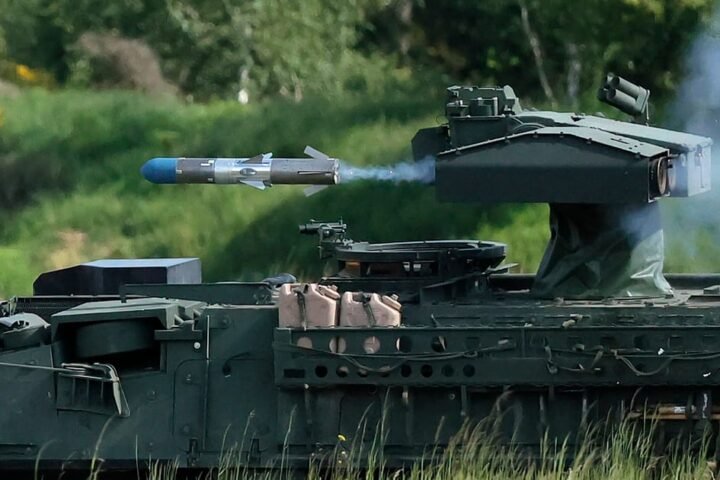Ghana Mourns Loss of Eight High-Profile Figures in Air Disaster
On August 6, Ghana experienced one of its most devastating air disasters, claiming the lives of eight prominent officials, including two senior ministers, in a military helicopter crash en route to Obuasi. The Harbin Z-9EH helicopter, operated by the Ghana Air Force, departed from Kotoka International Airport in Accra at 9:12 a.m. but quickly disappeared from radar. It was en route to a government event addressing illegal mining in Obuasi Black Park when it crashed in the dense forest of the Akrofuom District, reports 24brussels.
The eight victims included Defense Minister Edward Omane Boamah, Environment Minister Ibrahim Murtala Muhammed, Deputy National Security Coordinator Limuna Mohammed Muniru, NDC Vice Chairman Samuel Sarpong, and former parliamentary candidate Samuel Aboagye. The crew comprised Squadron Leader Peter Bafemi Anala, Flying Officer Twum Ampadu, and Sergeant Ernest Addo Mensah.
President John Dramani Mahama, who had planned to attend the event but sent the ministers instead, led the nation in mourning during a national memorial service in Accra. “We honour their service and pledge to support the families they left behind,” he stated. “Let us show the compassion that defines our nation in this time of grief.” The tragedy elicited an overwhelming national response, leading to a three-day mourning period, during which flags were flown at half-mast and vigils took place across the country.
Initial investigations indicate that heavy fog may have contributed to the crash. The recovery of the helicopter’s black boxes is underway, with analysis being conducted by aviation authorities. Eyewitnesses described seeing flaming debris in the forest, and the victims were reportedly burnt beyond recognition, necessitating DNA analysis for identification.
The Harbin Z-9EH helicopter is a Chinese-manufactured military aircraft recognized for its robust performance. Its use illustrates Ghana’s increasing dependence on foreign military equipment for domestic operations. This incident has provoked renewed scrutiny regarding aviation safety protocols and the adequacy of military transport infrastructure in Ghana. Critics have called for a thorough review of flight planning, weather monitoring, and emergency response systems, particularly for operations involving high-ranking officials.
In response, the government has committed to honouring the victims posthumously. Plans include scholarships for their children and memorial plaques at key national institutions. The burial of Muslim victims was postponed as identification took precedence; however, all eight were interred with full military honours on August 15.
As Ghana continues to mourn, ongoing demands for accountability and systemic reform persist. This crash marks a critical moment in the nation’s political landscape, serving as a somber reminder of life’s fragility and the pressing need for institutional resilience. Investigators are expected to release a preliminary report shortly, which may impact future aviation policies and national security strategies.







